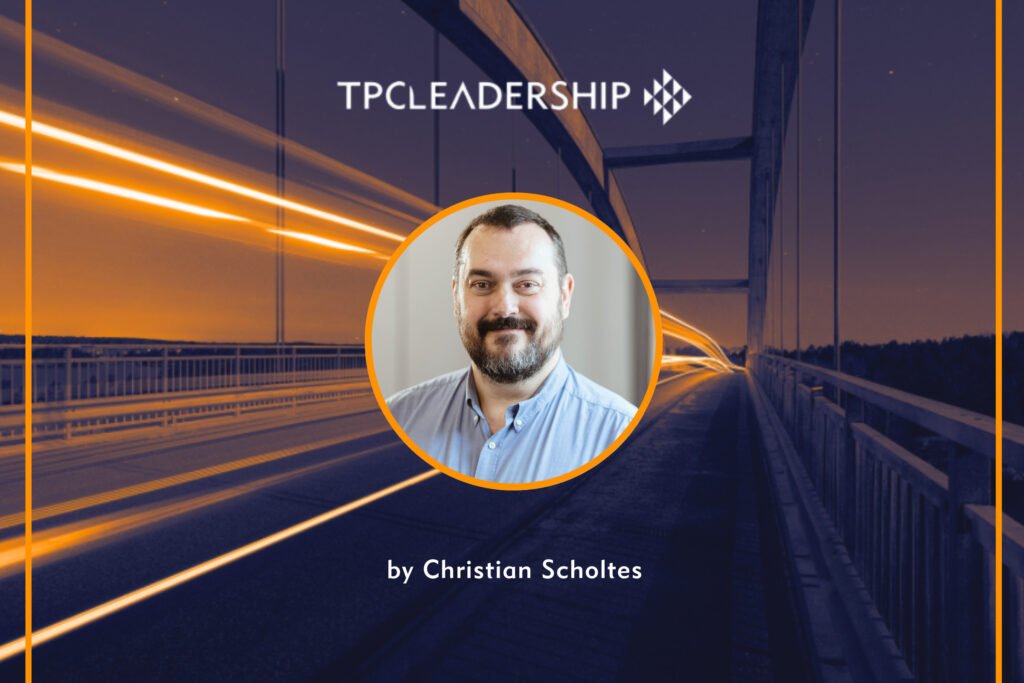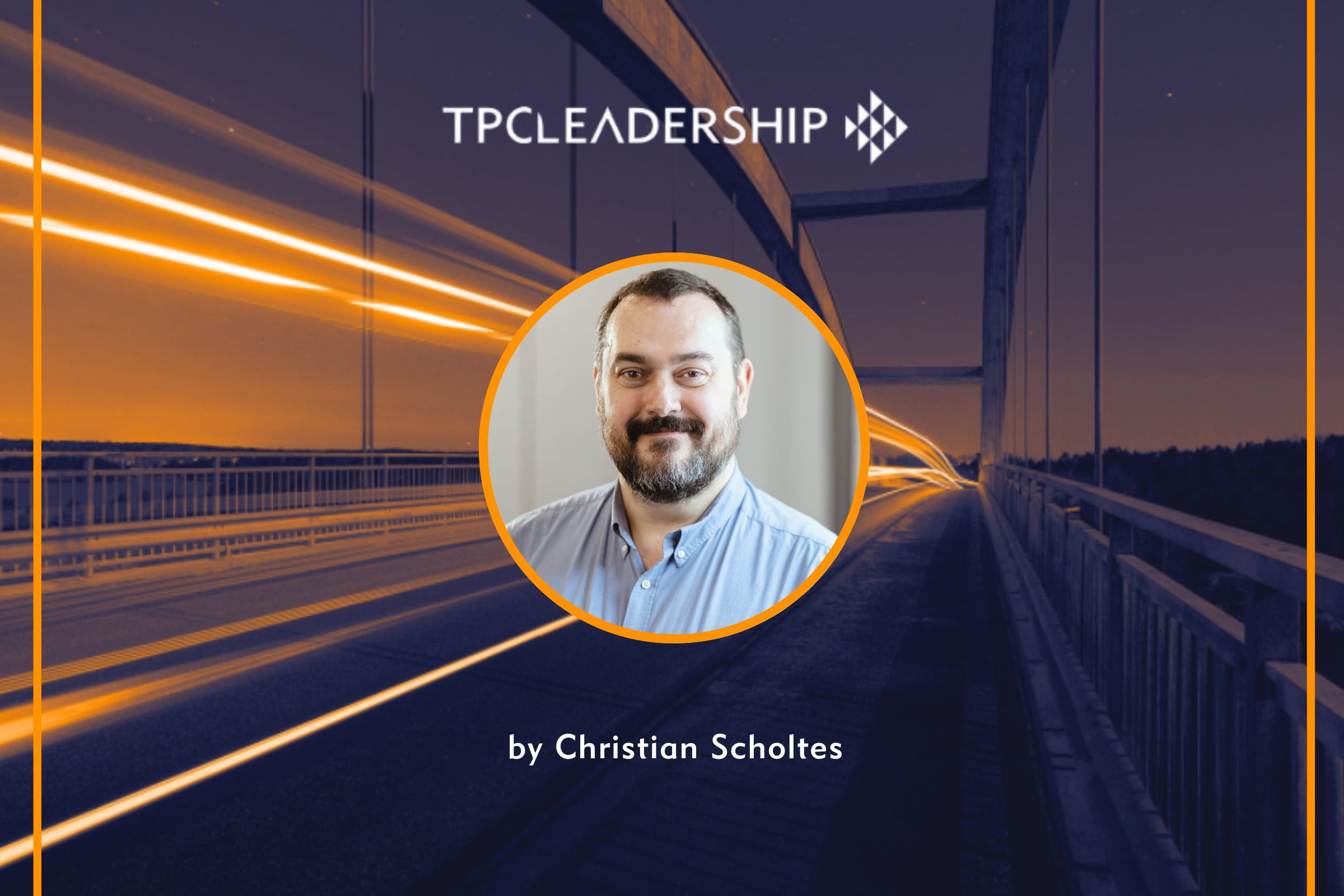In our last panel discussion, we heard how TPCL Germany is shaping organisational culture and seeing breakthrough. In this article, the second in a series of three, we travel (virtually speaking) to Switzerland to hear the insights of two of TPC Leadership’s most commercially perceptive leaders.
We’re joined from Zurich by TPCL Managing Partner Reinier Labadie, along with TPCL Partner Marcus de Vasconcelos.
Reinier, a management consultant for 22 years, has a rich history working with multiple Fortune 100 companies. Marcus meanwhile, has implemented business transformation programmes for large corporations across the globe. Here they speak of the challenges they are facing and how multinational companies need to adapt to the evolving global landscape.
A partnership and an integrated perspective
“Marcus and I already go back 10 years or so,” Reinier says, speaking of how TPCL Switzerland was formed. “We had a good history of working together.”
Originally, Reinier was the consultant and Marcus, who has worked for large corporations across four continents, was the client. Their paths crossed over the years until eventually Marcus left the full-time corporate world to train as a coach. Almost inevitably, he connected with Reinier again and, eventually, became a part of TPCL.
“It’s certainly different from working in a large corporation where you have hundreds of resources and large budgets at your disposal,” Marcus says. “But also, honestly, it’s more fun because I can see the direct impact of what I do.”
Switzerland is a country of multinationals who face both a number of advantages and their fair share of challenges. The perspective of both Reinier and Marcus is a powerful combination, providing the insight that these businesses are looking for.
“I look at matters very much from a consulting perspective,” Reinier says. “While Marcus brings his corporate view. It helps us to be closer to what our clients really need. And what do they need? Business transformation is often driven by organisational and process change, but many of these larger businesses struggle in terms of people – making sure they thrive with change, resulting in increased performance.”
How to transform an organisation
This people problem is echoed by Marcus, who references how he has helped businesses adapt to significant shifts in their approach, customer base or market. He talks of strategy, systems, processes and organisation, but it is the people who present the largest challenge.
“At the end of the day,” he says, “the big challenges always come when you need to help people who have done something a certain way for years, decades sometimes, to adapt to do it differently… or to do something completely different.”
This is particularly a struggle when an organisational culture reinforces the old approach. No matter how dedicated a leader is to transformation, change will get stuck in the mud of old mindsets unless that thinking is addressed.
“If you have a new senior leader who takes a more enlightened view about leadership,” Marcus says, “the culture of the company needs to support that view, otherwise that person is not going to survive for long. If that leader persists regardless, it might actually be counterproductive for the person, both in terms of what they can do in the company and in terms of their career.”
Creating a multinational methodology
Successfully creating a culture shift is challenging in any situation, but the difficulties are heightened for multinationals based in Switzerland and with offices all over the globe.
“For those big multinationals,” says Reinier, “be it Nestlé, UBS, Novartis, Roche or one of the many others, you need to have a consistent approach. One which you can help roll out across multiple countries and multiple continents. That’s where TPCL can make an important difference.”
The TPC Leadership network, as Navin and Ulrich discovered in Germany, gives our partners access to specialists and teams of consultants across the globe. They are then able to facilitate transformation projects in different regions.
“To work with large corporations,” says Marcus, “you need to have a consistent methodology so you can replicate the approach around the world. What we have focused on, over the last year, is getting feedback from senior leaders so we can refine our methodology. Or to put it in more commercial terms, we’re developing our offering, and it’s been a really insightful learning experience.”
The challenges for remote teams
Reinier notes that, with the rise of remote working, it is becoming increasingly challenging for multinational businesses based in Switzerland to keep their teams focused on the strategic needs of the company.
“One of my clients is recruiting more remote workers from further afield,” Reinier says. “And they’re looking to fly them in once a month to maintain a sense of team cohesion. It’s a perfectly acceptable strategy but it’s asking much more from leaders in terms of keeping the team together.”
Part of the solution, Reinier says, is to ensure purposeful leadership. A strong sense of aspirational purpose will keep performance high and enable businesses to grow and thrive. Where this becomes complex is in how you instil and maintain that sense of purpose across a multinational team.
“To encourage a sustained mindset, you cannot do it by department. You need to include all the compartments of your organisation in your efforts, creating a consistent approach across each region. And this,” Reinier says, “is where TPCL comes in.”
Looking to create transformation or maintain cohesion in your organisation? Get in touch to learn more about how we can help.




